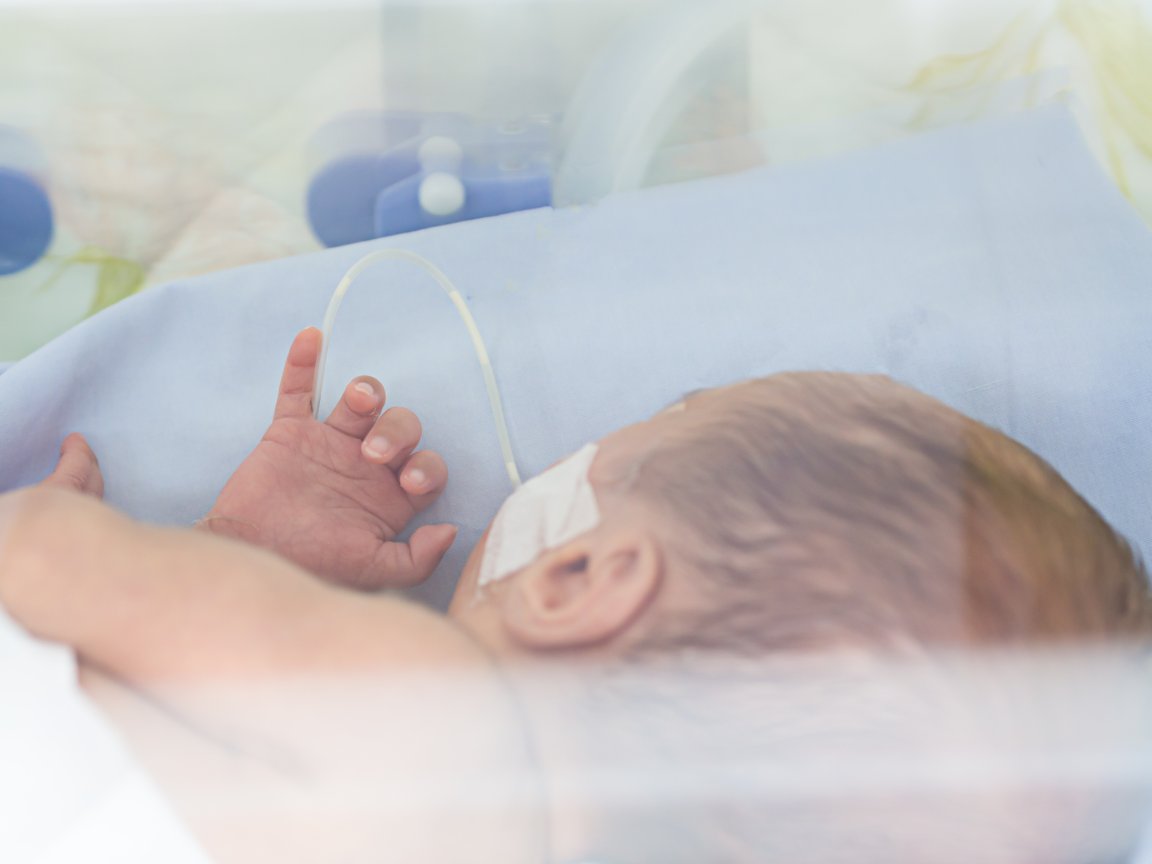
A Common Enough Cure
Newborn infants are some of the most delicate creatures on Earth. As soon as they emerge from their mothers’ wombs, human infants are exposed to an environment they aren’t yet equipped to handle. This could lead to infection which could turn into a life-threatening condition, the most common of which is the extreme infection response known as sepsis.
Fortunately, an inexpensive prevention technique for sepsis might soon be available, thanks to the work of scientists in the United States and in India — and to a bacteria commonly found in Asian kitchens. Probiotic bacteria, which is abundant in kimchi, pickles and other fermented vegetables, could drastically reduce the chances of babies getting sepsis.
The trick was figuring out which probiotic bacterial strain would work most effectively, according to University of Nebraska Medical Center College of Public Health pediatrician Pinaki Panigrahi, who’s been working on a way to prevent sepsis for 20 years now.
“We screened more than 280 strains in preliminary animal and human studies,” he told NPR. “So it was a very methodical process.” Probiotics are also known to be effective in preventing an infection of the intestines of newborns called necrotizing enterocolitis. Best of all, the use of these probiotics could cost as little as $1 per baby, Panigrahi said.

A Fighting Chance for Babies
Sepsis remains the primary cause of death from infection globally. It’s known to affect 6 million newborns and children every year, accounting for about 60-80 percent of lives lost annually, including the deaths of about 600,000 babies. Worst of all, it’s not easily detected in newborns. “All the sudden the baby stops being active. It stops crying and breastfeeding,” said Panigrahi, lead author in the report published in the journal Nature, “By the time the mother has a chance to bring the baby to the hospital, the baby dies.”
In this study, the risk of death from sepsis dropped by 40 percent, from 9 percent to 5.4 percent in the 4,000 babies fed with the probiotic microbes. The administration of probiotics was also shown to prevent lung infections, which dropped by about 30 percent. “That was a big surprise, because we didn’t think gut bacteria were going to work in a distant organ like the lung,” Panigrahi said. Abdominal distention was the only significant side-effect observed, affecting just six of the babies tested.
Manufacturing a treatment using probiotics will be remarkably inexpensive. And it might not be long before this treatment is found in common use. “[Probiotics] can promote maturation of the immune system in a healthier way,” neonatologist Pascal Lavoie, from BC Children’s Hospital in Vancouver, British Columbia, told NPR. “Probiotics can be much more powerful than drugs.”